Sex After a Hysterectomy (and Advice for Husbands)

If you are a woman (or her husband) and worried about sex after a hysterectomy, this article is for you! In this article we will discuss how the different types of hysterectomy affect your sex life, how long to wait to have sex, and what happens to hormone levels, libido, and sexual function.
What is a Hysterectomy?
It's a surgical procedure to remove the uterus, often employed to treat conditions like fibroids, endometriosis, and various cancers.
How does a Hysterectomy affect sex life?
It depends on what type of hysterectomy: partial hysterectomy (only uterus removed) or bilateral oophorectomy (both ovaries removed).
How does a Partial Hysterectomy (only uterus removed) affect sex?
Generally, if only the uterus is removed, it might not significantly affect sexual activity in the long term.
How soon can I start having sex after a partial hysterectomy?
It’s recommended to refrain from sex for about six weeks post-surgery to allow for healing. After this period, many resume their sex life.

How does a Bilateral Oophorectomy (both ovaries removed) affect sex?
About 50% of hysterectomies include the removal of the ovaries, especially in cases involving cancer.
Why remove the ovaries? Do hysterectomies affect libido?
Though vital for hormone production, ovaries might be removed to reduce the risk of hormone-sensitive cancers. This drastically reduces estrogen levels, leading to changes like vaginal dryness, decreased libido, and possible painful intercourse.
What Happens to Estrogen Levels and Testosterone Levels after a Hysterectomy?
Post-hysterectomy, especially after oophorectomy, you might face a significant drop in estrogen and testosterone. Estrogen is crucial for maintaining healthy reproductive tissues, while testosterone is linked to libido. Therefore a lack of estrogen or testosterone results in vaginal atrophy (shrinking and drying of the vaginal tissues) and a decreased sex drive.
Can I take Estrogen Replacement Therapy?
It’s generally not advised to supplement estrogen post-hysterectomy due to the increased risk of hormone-sensitive cancers. This presents a dilemma for those seeking relief from menopausal symptoms post-surgery.

Can I take Testosterone Replacement Therapy?
While testosterone has been explored for treating sexual dysfunction, its effectiveness is limited, and the potential side effects are significant.
Tips for Sex after a Hysterectomy: What are Non-Hormonal Options for Restoring Sexual Tissues and Libido?
Fortunately, there are non-hormonal methods available that can support women facing sexual dysfunction post-hysterectomy:
-
Vaginal lubricants and moisturizers
-
Vaginal dilators
-
Non-invasive treatments like laser therapy
-
NeuEve (which works by topical nourishment)
What is NeuEve and how does it work?
NeuEve is designed to support issues like painful sex and vaginal dryness using nutrients similar to how calcium and vitamin D support bone health. It's a safe, natural, and hormone-free option that has been positively received by many women, including those post-hysterectomy.
There is hope and potential for a fulfilling sex life after hysterectomy, and exploring these options can be a crucial step toward recovery and comfort.

How to manage stubborn vaginal dryness and painful sex safely?
How to manage vaginal dryness and painful sex for cancer survivors?
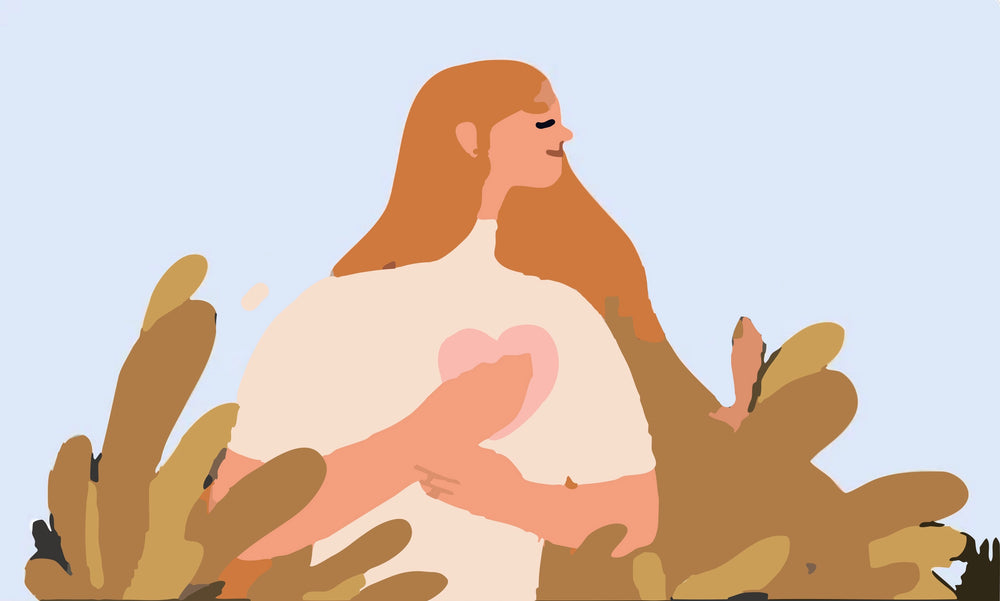
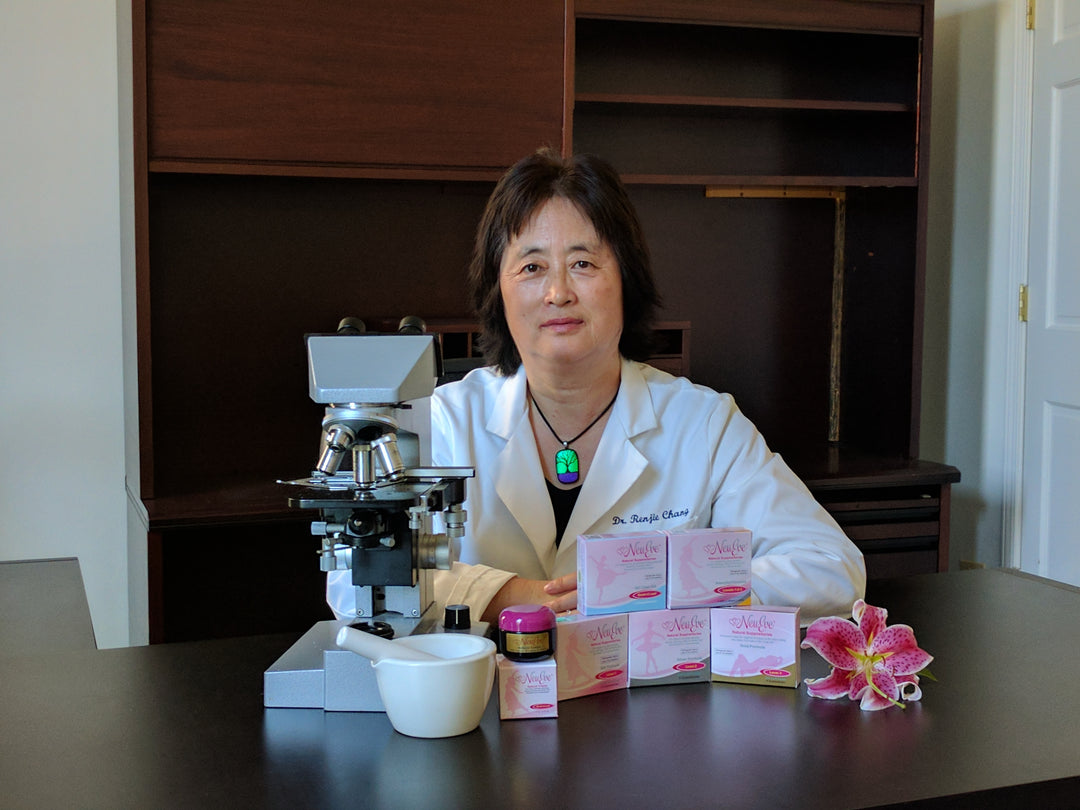
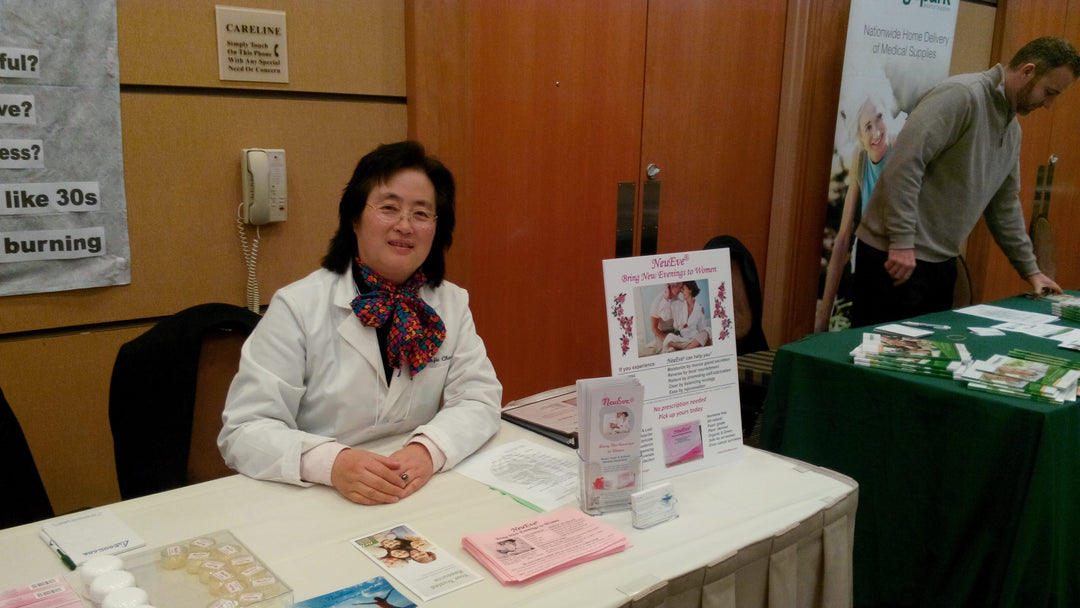
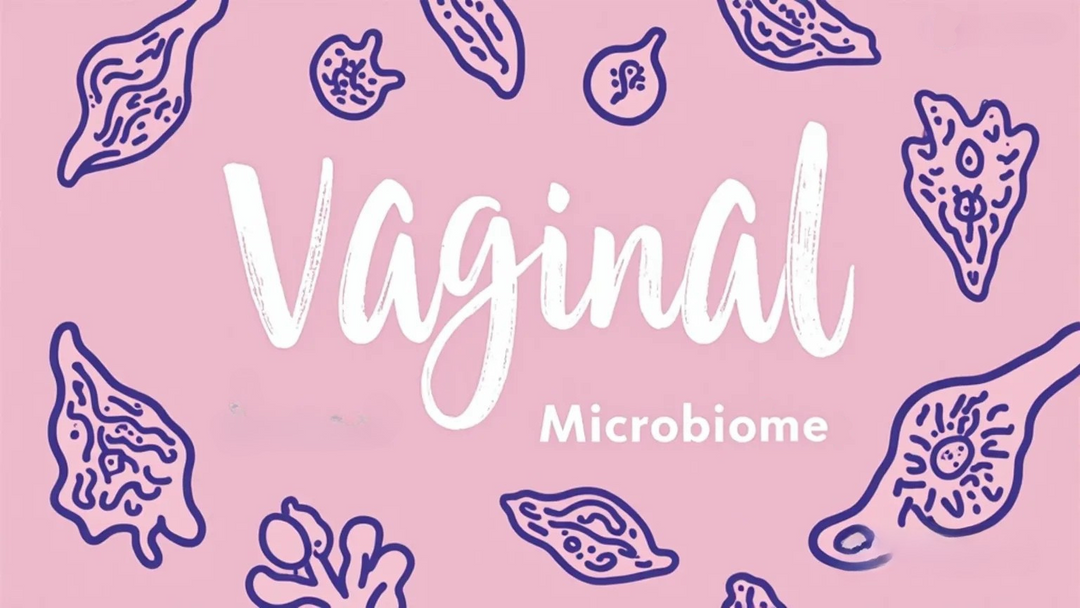
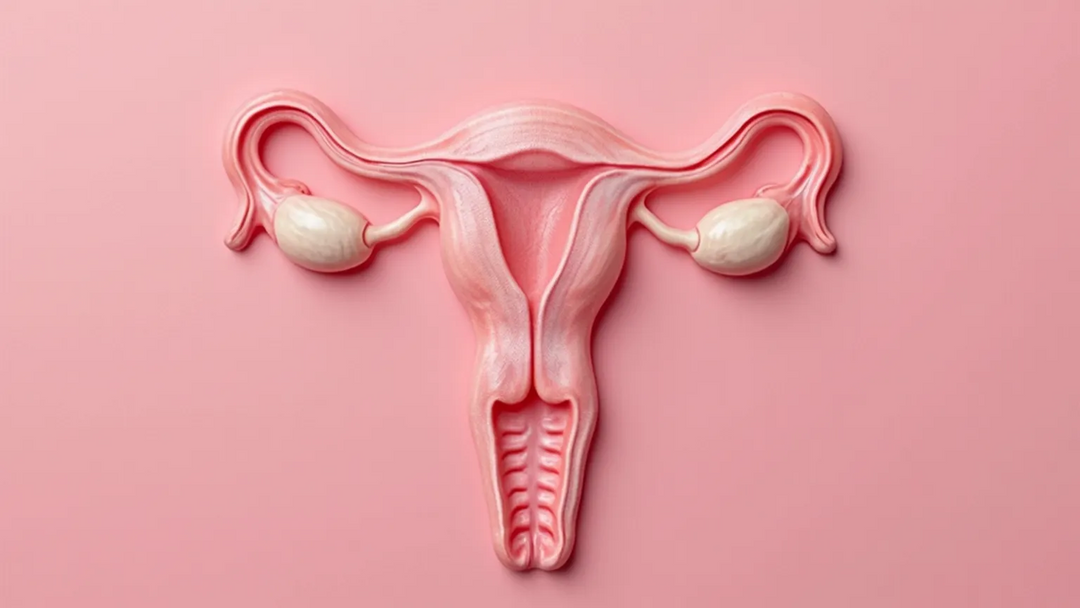
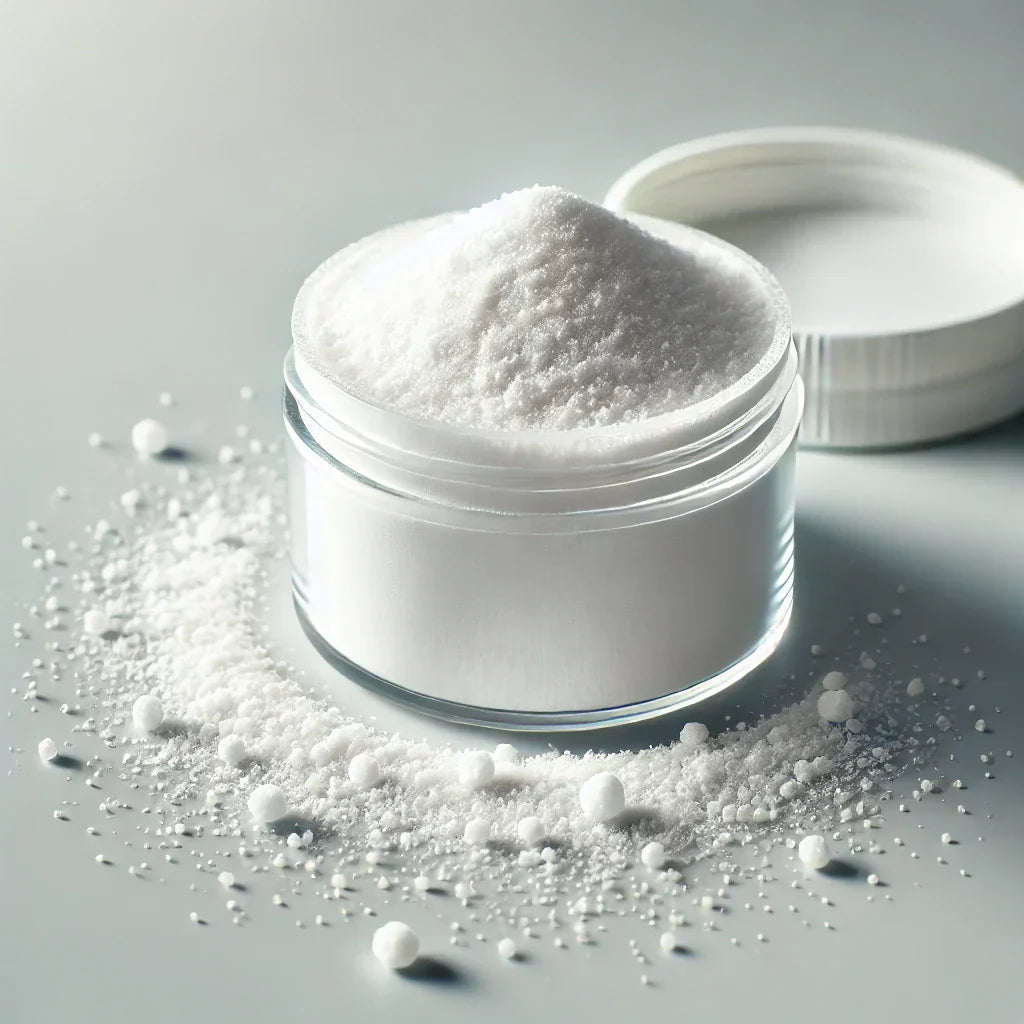
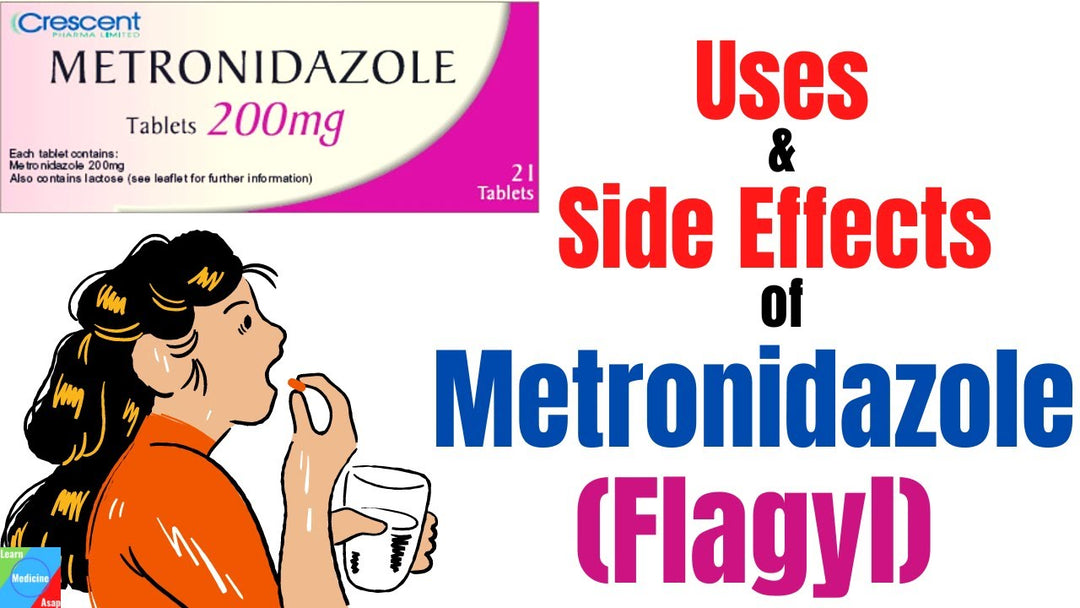

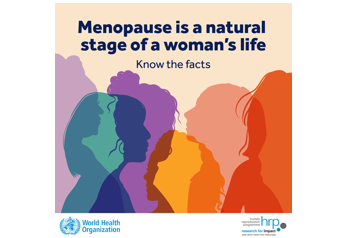
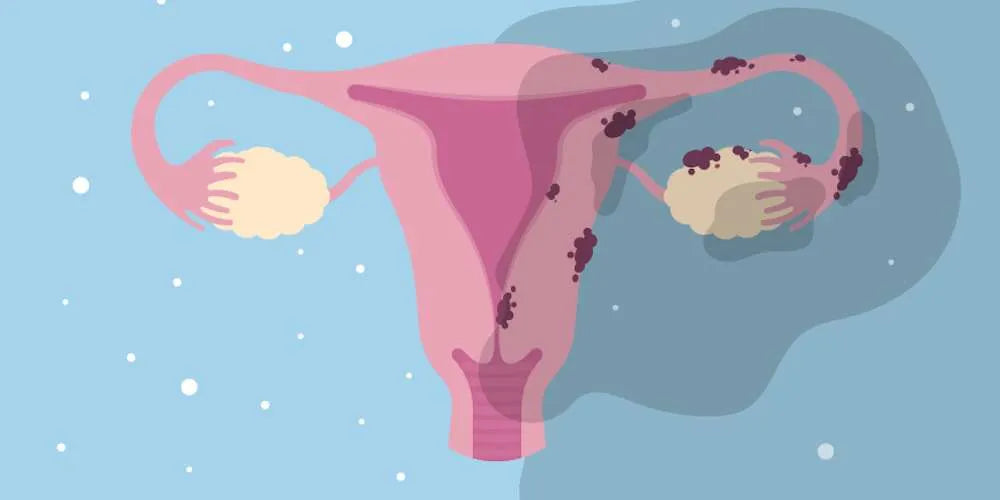
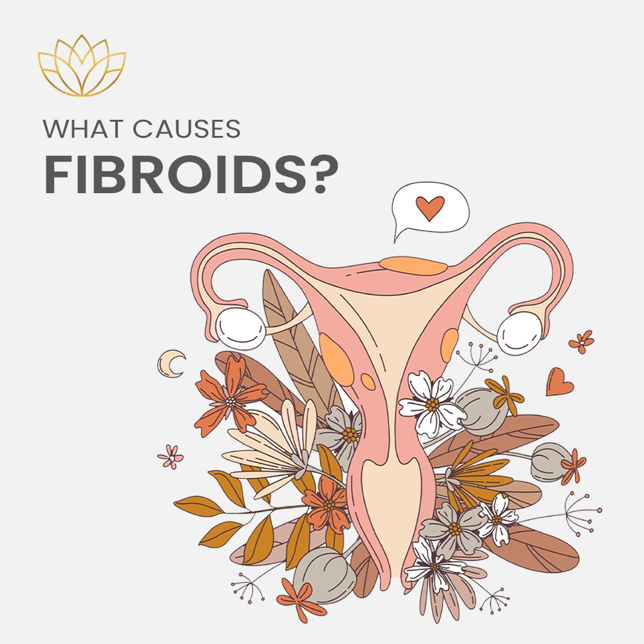
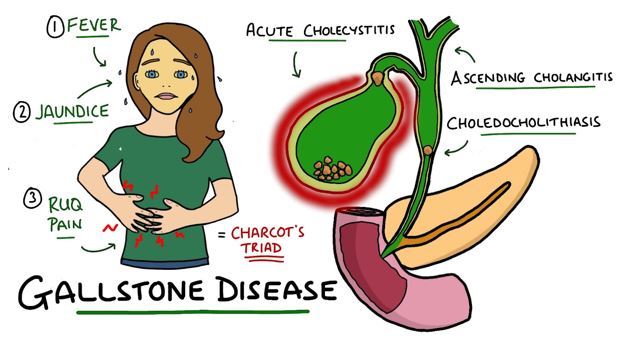

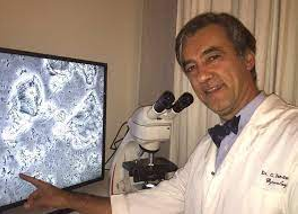
I had a hysterectomy in 2023 and I have painful sex and problems with gripping will this help me and how can I get it
After my hysterectomy, I started having a prolapse and the prolapse caused me to wear a pass and the pet needs to be lubricated so that I can wear it comfortably and I will not have itching or dryness in my vagina. So I’m looking for an alternative and this seems like as good idea, but I’m not sure. Maybe?
I understand that your product will help with the dryness but will it help at all with the painful tightness that the lubricants just don’t do ??
Having sex is very painful for me right now, having problems with my marriage .
Dear Nicole,
I’m sorry that you are going through this.
Everyone deserve to have a fulfilled life. Many of our customers after using NeuEve were able to regain their libido and vaginal wall integrity.
We are here for you.
Leave a comment